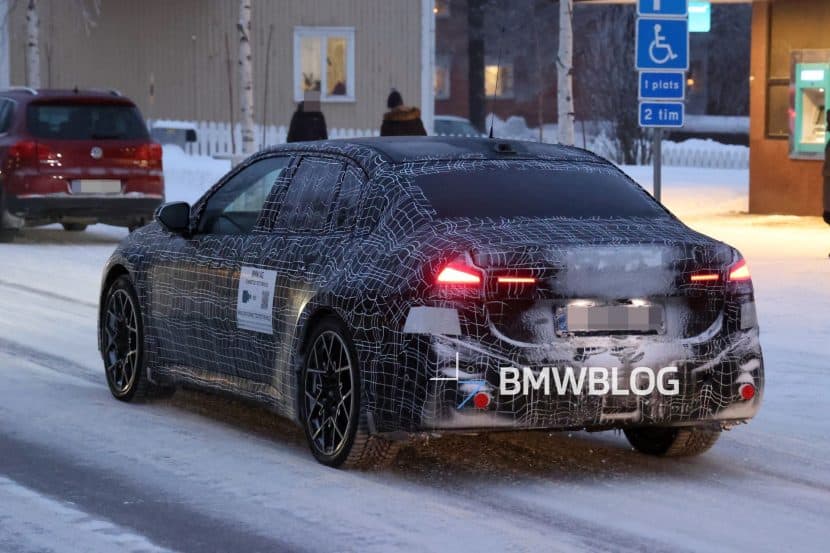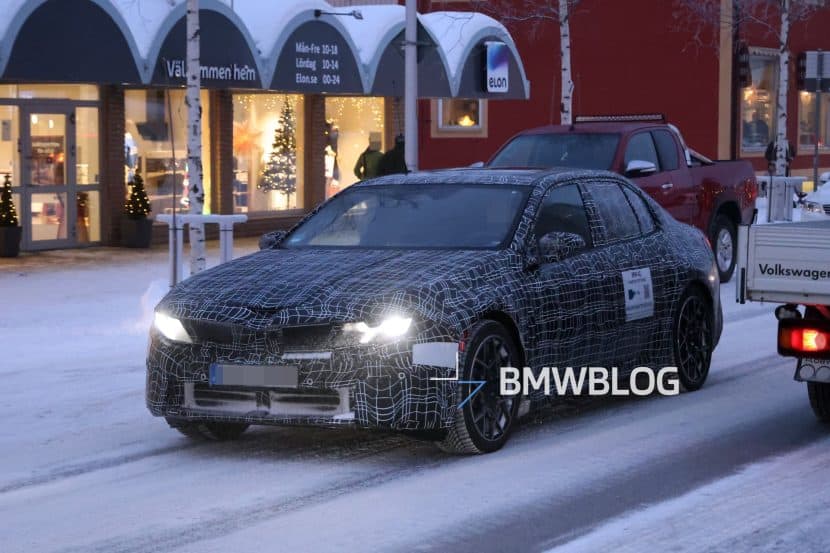BMW’s top engineering boss, Klaus Froehlich recently sat down for an extensive interview with Automotive News Europe. As you might have guessed, majority of the topics focused on electric mobility. BMW has made a bet on a flexible architecture for the next decade which allows for both ICE and EV drivetrains to live on the same model.
But Froehlich says that this could change when the “world turns fully electric.” So BMW is prepared to make the switch to a dedicated electric platform. When needed.
On the topic of electrified vehicles sales, Herr Froehlich says that EVs “will account for 20 percent to 30 percent of worldwide sales by 2030, but with a very diverse global distribution.” But the global distribution will still be quite diversified.
In the United States, BMW CTO says that electric vehicles will be mostly seen in “the west coast and parts of the east coast, while the rest of the U.S. will continue with conventional gasoline engines.” Furthermore, according to Froehlich, the rest of the U.S. could take advantage of “high-performance plug-in hybrids in the M space”.
Electric Vehicles Charging Guide: Making sense of EV charge connectors
China is also expected to follow a similar pattern. “China’s big east coast cities will become purely electric pretty soon while western China will rely on gasoline engines for the next 15 to 20 years due to a lack of infrastructure,” BMW R&D boss added.
But when it comes to Europeans, things are a bit different. Froehlich mentions the reluctance to jump directly to BEVs, hence why plug-in hybrids are the solution in Europe. The R&D boss sees plug-in hybrids being used as electric cars during the week and run on gasoline on weekends or long trips.
We expect plug-in hybrids to account for up to 25 percent of [European sales], gasoline and diesel will have more than 50 percent and the rest will be BEVs,” Froehlich told Automotive News.
The rest of the world is also quite different, Froehlich mentioning the lack of recharging infrastructure in Russia, the Middle East and Africa.
So whether the charging infrastructure will also pick-up in the US, remains to be seen, but for now, the assumption that most electric cars live on the West coast is quite accurate. The availability of charging stations have always been the biggest hurdle in the adoption of EVs, but with most carmakers jumping into the EV segment, plans could be accelerated.


















































